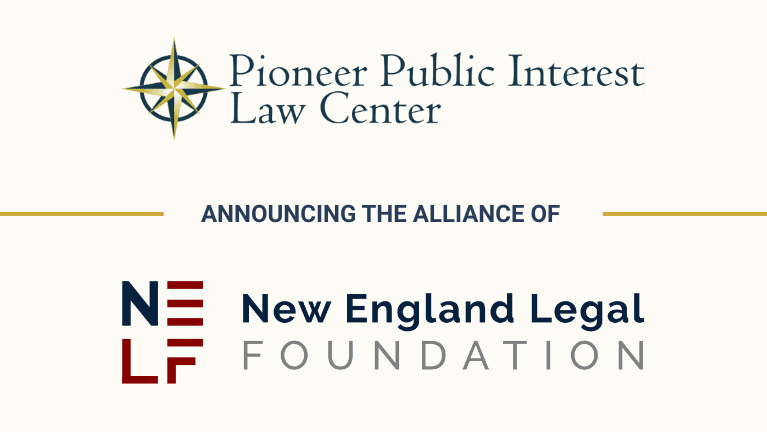Confronting the Latest Power Grab by a Federal Agency, NELF Opposes the FTC’s Nationwide Ban on Non-compete Agreements
Properties of the Villages, Inc. v. Federal Trade Commission
(U.S. Court of Appeals for the 11th Circuit)
Ryan, L.L.C. v. Federal Trade Commission
(U.S. Court of Appeals for the 5th Circuit)
On April 23, 2024, the Federal Trade Commission issued a rule that bans virtually all future employment non-compete agreements and declares unenforceable virtually all those now existing. Believing that the rule would put at hazard many businesses, destroy vested rights, and retroactively undercut reasonable reliance interests, NELF has filed an amicus brief arguing that the FTC acted beyond its powers.
Congress enacted the FTC Act in 1914. The Act gives the FTC the power to prevent unfair methods of competition. Under §5 the FTC is to do so by case-by-case enforcement within a comprehensive scheme of administrative adjudication. In §6 entirely different powers are granted; they deal with investigations, information gathering, and various forms of reporting and making recommendations. Far down in that statute, §6(g) grants the power “From time to time to classify corporations [for purposes of reporting] and to make rules and regulations for the purpose of carrying out the provisions of this Act.” This bare-bones, obscurely placed power stands in striking contrast to §5’s elaborate, express enforcement scheme, and §6(g) has long been understood to concern procedural matters only, not enforcement.
In 2021, after Congress failed to outlaw non-compete agreements, President Biden urged the FTC to do so by rulemaking. The result was the 2024 ban. In its defense, the FTC cited §6(g) and a 1973 D.C. Circuit decision. Litigation promptly sprang up, including in the 5th and 11th Circuits, challenging the ban. In the 5th Circuit, the district court judge rejected the FTC’s view of §6(g). In the 11th circuit, the judge adopted the view, but he ruled that the ban stretched that power beyond what Congress intended.
In January 2025, NELF filed an amicus brief in the 11th Circuit case. NELF explains that the plain language of the Act, if read with due care for context, does not grant the FTC such power. Commentators around the time of its enactment and later saw it that way, and so did the FTC itself. As NELF explains in detail, that is the only view consistent with legislative history and the delegation of power concerns that pervaded the 1914 legislative milieu. NELF also takes to task the D.C. Circuit decision. Characterizing it as relentlessly result-oriented, NELF argues that it dismissed the actual historical concerns of the time and substituted its own much later preference for administrative “efficiency.” NELF intends to file a similar amicus brief in the 5th Circuit case.


